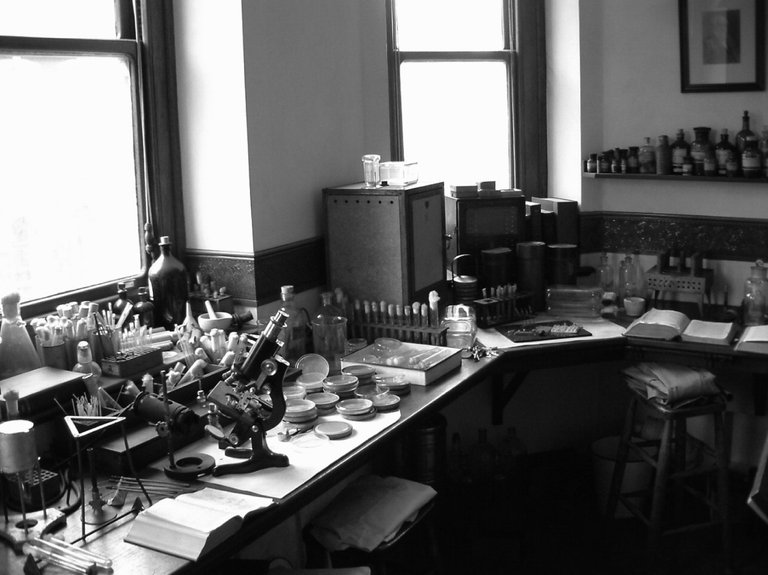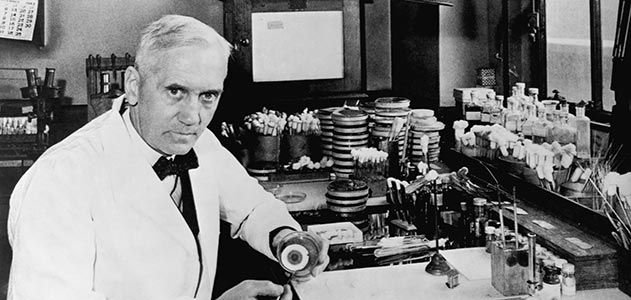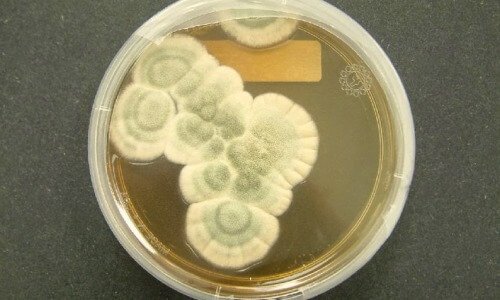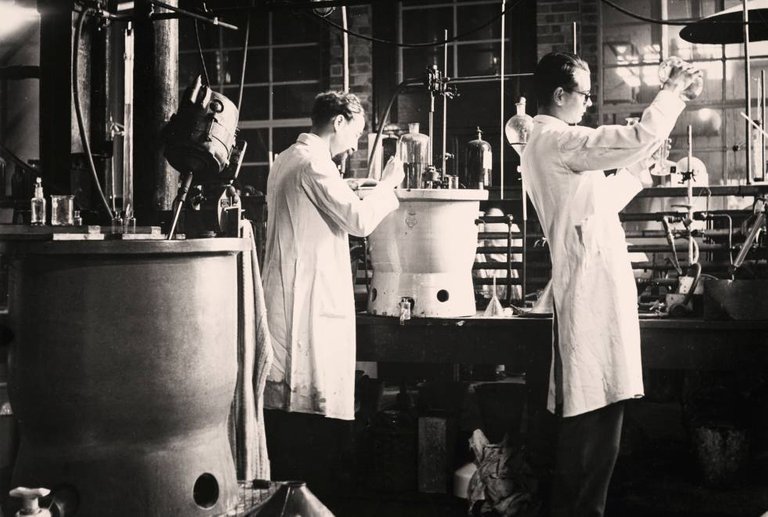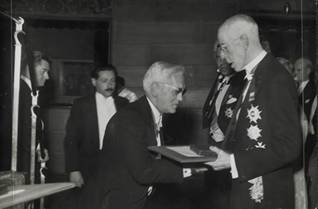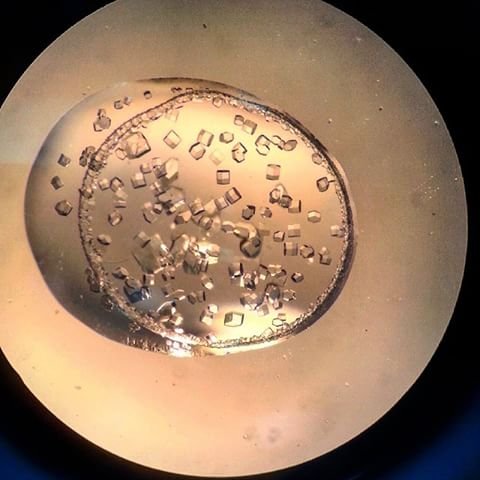Hello friends of Steemit!
On this occasion I would like to talk about inventions and discoveries, but they were made without carrying out any experimentation process, nor had they been thought of, but, although it seems incredible to us, they have been able to reach them accidentally.
In our present we consider them as excellent contributions to humanity and science for their use that can facilitate our daily life and also can save us to life. A particular case of an invention that we have been able to save our lives is Penicillin, and although it seems strange to us, its discovery happened due to carelessness.
Our story begins at the beginning of the 20th century after the First World War, exactly in 1928 in the laboratory where the scientist Alexander Fleming worked at St. Mary's Hospital in London. The laboratory, as it was said before, was careless and messy, this caused the formation of mold in bacterial cultures.
Fleming observed that in these crops was a fungus as a kind of grayish fluff (something like those that are formed when the bread is very old) that separated other bacteria and destroyed them to perfection. This is how he realizes that the aforementioned fungus belonged to the species Penicilium and abbreviated it as Penicillin.
The scientist did not manage to isolate him, but years later two chemists could do it, earning the admiration of Fleming himself; when the doctor received the Nobel Prize, he shared the prize with them. The medicine was put to the test during the Second World War in wounded and 100,000 doses were distributed. At the same time, he was able to determine that the species did not cause any harm to humans.
Although it seems strange to us, there is a great variety of fungi that are used for the preparation of medicine, they come mainly from decaying organisms, such is the case that one of the sources of this fungus has been shown in melons in decomposition.
Dr. Fleming never patented the discovery so that it could be known in the world, and provided another discovery before penicillin (considered one of the most important antibiotics in the world). He also discovered (by accident) an antimicrobial enzyme called Lysozyme, thanks to the mucus of a sneeze fell on a Petri dish in which grew bacterial cultures, and noticed that these bacteria were destroyed.
Undoubtedly, Alexander Fleming is one of the scientists who gave great contributions to the world of medicine and thanks to it you can fight serious infections. I hope you liked to know a little about a discovery that we benefit from, but that his invention was due to an oversight.
And if you want to know a little more about penicillin, here are some literary works to expand your knowledge:
-Bustinza F. “Los antibióticos antimicrobianos y la penicilina: de Pasteur a Fleming”. 1994 .Second edition. Editorial Plus-Ultra.
-Prescott, L.M. "Microbiología”. 1999. First edition. Spain. Editorial. McGraw-Hill Interamericana.
-Brown K. “Penicillin Man”. 2005. Reprinted edition. Editorial History Press.
Until the next educational post!
